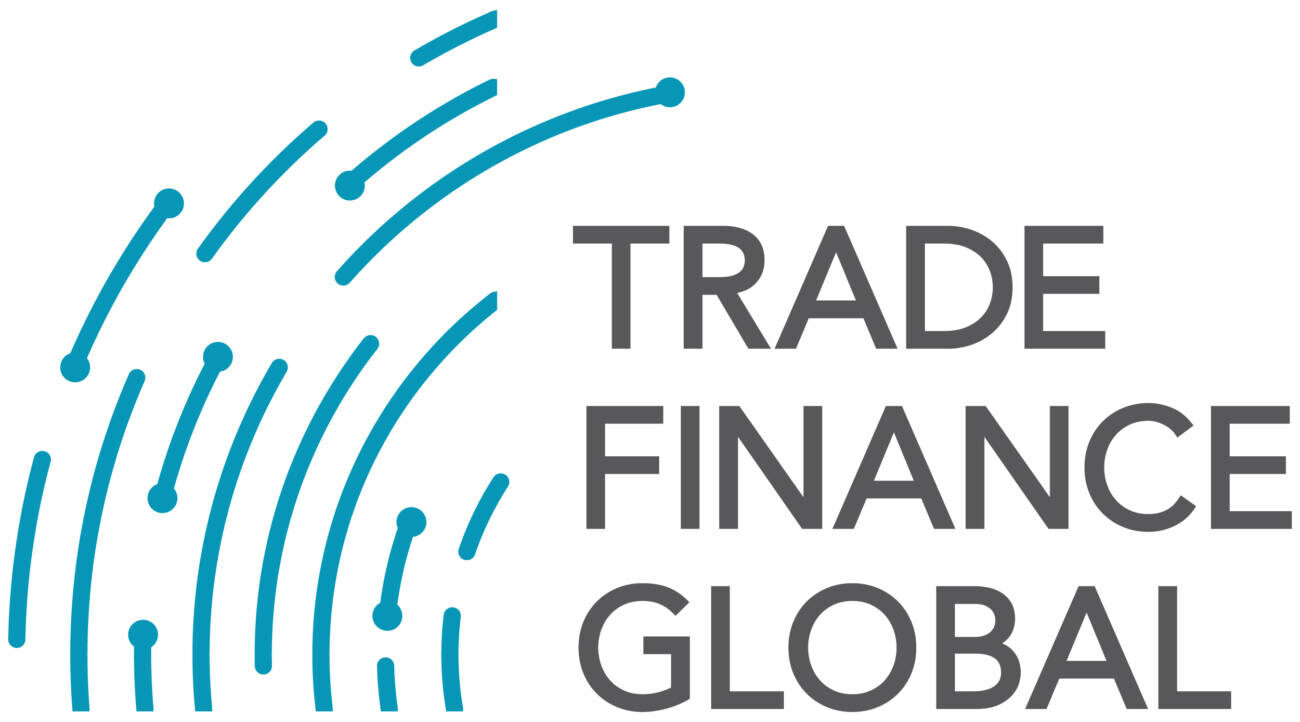Estimated reading time: 3 minutes
“None in particular” is the phrase most frequently heard from enterprises ranked in the top 100 for revenue across eight major global markets when asked which provider leads in digital and technology consultancy for businesses.
Although Citi emerges as the most frequently named provider, with 14.2% of mentions, 15.7% of corporate treasurers draw a blank when considering who excels in digital and technology advice.
In regions like the UAE and Australia, businesses are even more inclined to overlook the providers they’ve worked with. Over one-third and one-fifth, respectively, are either unable or unwilling to identify a top-tier provider based on their experience.
For advisory firms aiming to offer best practice in digital and technology services, the research indicates that the ability to incorporate third-party and fintech solutions is a key differentiator, along with sharing insights from their own technology investments. The importance of these factors varies by country.
The primary need for the world’s top 100 enterprises is digital innovations that focus on process efficiencies, rather than working capital priorities, particularly in treasury and trade finance functions.
For these large corporations, improvements in process efficiency in treasury and trade finance are not only highly desired but are also expected to yield the most significant benefits due to technological advancements in the next 18 months.
According to the study, 52.3% of businesses anticipate that core trade finance functions will benefit the most from technological innovations by the second quarter of 2025.
This is due to new legal frameworks that offer the same protections to digital asset holders as to those holding paper documents, as well as facilitating the transfer of digital assets.
Martin Smith, Global Head of Markets Analysis, East & Partners, said, “Enhanced process efficiency is fast becoming non-negotiable functionality for CFOs and treasurers grappling with working capital constraints that are only set to be exacerbated by ‘higher for longer’ interest rates.”
“Treasurers have always been focused on the benefits technology can bring to their day-to-day business, whether it is reducing complexity or streamlining processes to enhance efficiencies. If banks can also lean into this way of thinking, rather than focusing on the newness of the technology itself and the theoretical ways it could be applied, we could start to see some brilliant, industry-changing innovations.”
Michael Vrontamitis, Founding Partner of T3i Partner Network, said, “Trade digitisation has just been further accelerated with the highly anticipated UK common law changes, stimulating providers to move from theoretical discussions to long overdue real-world solutions providing tangible benefits that corporates can readily utilise in the future.”
